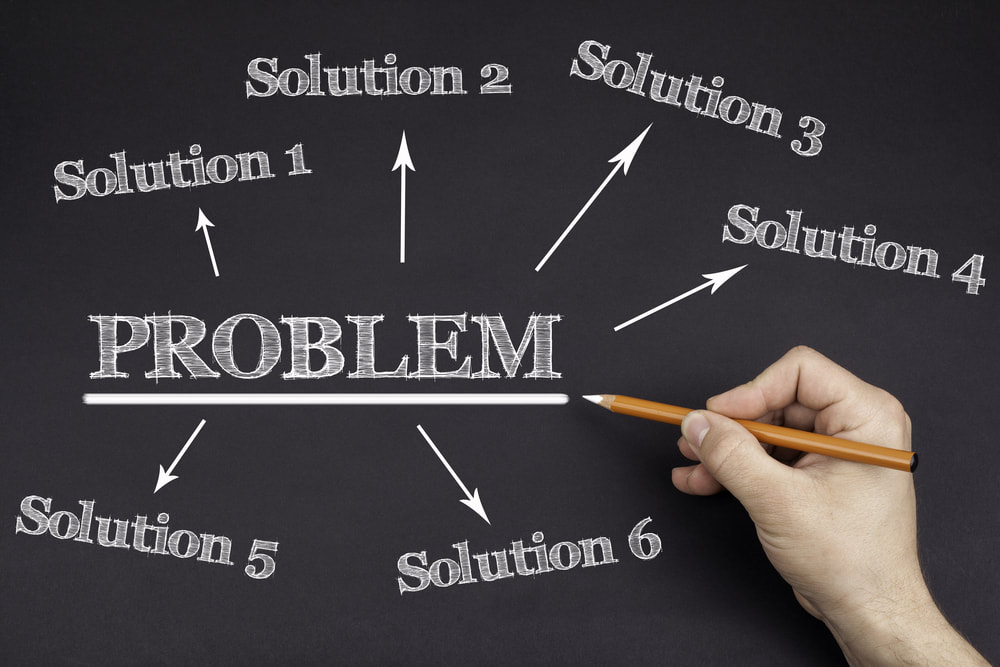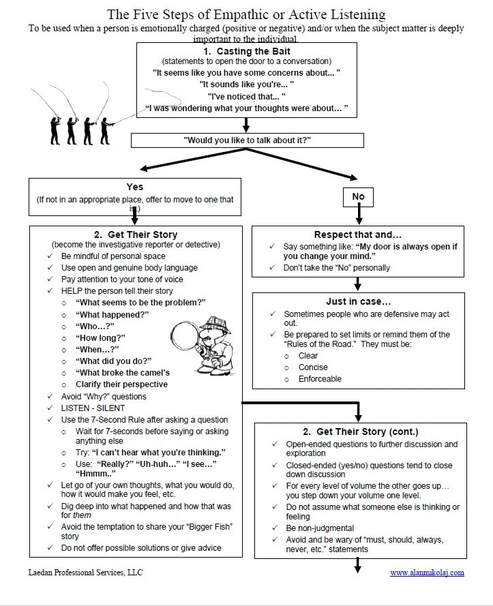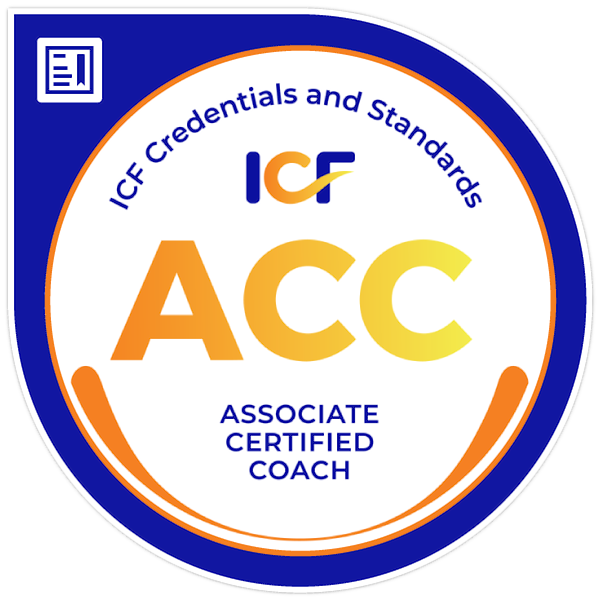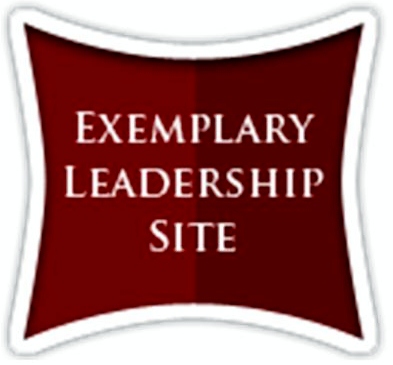Validation of your truth is the essence of respect. JENNA RYAN We have been learning lessons about empathic or active listening for the past two weeks. We finish that conversation this week. Two weeks ago in lesson one of empathic listening, we learned that silence is the foundation of empathic listening. Last week, we discovered that lessons two and three were casting the bait and getting the story, respectively. This week, we explore the final lessons of empathic listening: Validation, Define the Problem, and Resolution. Remember, that empathic listening is best used:
Lesson #4: Validate Validation is the heart of not only great empathic listening, but of healthy human growth and development, wellbeing, and longevity. What is it? Validation is communicating to another person, even a child, that their responses, particularly their emotional responses, are understandable given the situation or context of what they're going through or have been through. Sadly, it's not common enough. Lack of validation as a child is associated with becoming emotionally dysregulated as an adult. And as adults, not receiving it from friends has been found to be associated with shorter telomeres; an indicator of premature aging. Invalidating relationships hurt us physically and emotionally. What are some typical validations?
Emotions Validation at its heart is emotional validation. As we listen empathically, we stay particularly aware of emotions—both our own and those of the other. Emotions guide us to meaning and are the motivator of behavior. While there are differing views among experts and Disney revealed only five emotions in the wonderful movie, Inside Out, Dr. Paul Ekman's classic identification of six basic emotions remains the most elegant and simple:
So, having a heads-up to basic emotions, gives you the starting point language for anticipating what someone might be feeling as they describe their experience. Validation is one of the most powerful empathic listening tools, or what humanistic psychology calls, a reflective statement. Hearing a validation or a reflective statement from someone can be extremely powerful. Lesson #5: Define the Problem You can validate at key points as someone tells you their story but at some point that story is going to start coming to a close. When that happens, this is a time that you can unsilence your mind and prepare to define the problem. To transition from Getting the Story and validation, you might say something like, "Correct me if I'm wrong, but if I'm understanding you correctly..." or "If I heard you right..." Then, you are going to posit an overarching definition of the problem with a reflective statement. The basic formula for a reflective statement is, "You feel X because Y." Variations could be:
The reason they are so powerful is that when you express a reflective statement, the other person hears their problem or situation as they are experiencing it from someone else. It's usually the first time that someone expressed true understanding and communicated it back accurately. It can be eye-opening. In response to such statements, you will often either hear a "Yes" or a "No." Sometimes, even though you got it right and they realize that you did, just hearing it back can immediately reframe their perspective and they'll say "No" and adjust their response back to you. The feeling of truly being listened to and understood fosters appreciation, admiration, and greater self-awareness. Lesson #6: The Solution Charles Kettering once said, "A problem well-stated is a problem half solved." That is true of a good reflective statement. If you hear some type of affirmative response to your reflective statement, the next thing to do in an empathic conversation is to help the person find a solution by asking any number of questions to get them started:
The empathic listener does not offer advice or easy solutions. Instead, continue to use empathic listening to help someone arrive at their own solution. As we empathically listen, reflect, and help clarify, the person reframes their problem more clearly and comes up with their own solution. Solutions they hadn’t seen before may become readily apparent—and because they weren’t given advice, talked down to, judged, or given an easy solution to try, they now have strong ownership of the solution. We can invite self-accountability with things like:
Benefits of Empathy Research on empathy demonstrates clear benefits for both the speaker and the listener. As a leader who chooses to listen with empathy or love, we get to share the joys of others and feel good about giving someone an opportunity to talk about something important and resolve it. Another perk is that we are prized by those we listen to. They come to see us as someone who cares about them and understands them. We are someone they can go to and rely on in times of need. The benefits for the other who is being listened to, experience a profound feeling of being heard and understood. This has a calming effect that facilitates further opening up, intimacy, and appreciation. This fosters relationships – not just with us, but with others, as well. They feel less alone and less isolated and more connected. They feel happier and happier people are healthier, too. Finally, empathic listening helps makes sense of a puzzling situation or experience. They can more easily see solutions or steps towards solutions that they may have never seen before. They get more work done. Researchers report that empathic managers tended to have employees who reported less physical illness (somatic) complaints, were more positive and happy, and who felt like they made more progress on their daily work goals than employees of non-empathic managers did. The Six Steps of Empathic Listening
Download my free infographic below. Have an amazing journey today! Alan Mikolaj is a seasoned coach and leadership development consultant with nearly 20 years of experience. He is passionate about helping leaders transform their leadership, their teams, and their organizations. He has an impactful, professional approach driven by a passion for meaning and purpose, a growth mindset, and a commitment to excellence and service in order to drive change and results. Alan holds his Master of Arts in Clinical Psychology and Associate Certified Coach credential with the International Coaching Federation (ICF) and maintains their ethics and standards of behavior, including the standards regarding confidentiality. You can learn more about them on the ICF website. Transformational change starts with a conversation! Alan is on a mission to partner with like-minded leaders who want to make a positive difference in the world. Schedule your free, one-hour session by clicking here: Discovery Conversation with Alan Or call or email: Contact Page
0 Comments
Leave a Reply. |
Alan Mikolaj
Alan Mikolaj is a a professional, experienced, positive, and passionate speaker, leadership and organizational development consultant, change agent, author, and coach. He holds his Master of Arts degree in Clinical Psychology from Sam Houston State University. He is a certified graduate coach from Coaching Out of the Box and holds his ACC and membership with the International Coaching Federation (ICF). Free Discovery Conversation!
Impactful change starts with a conversation! Schedule your free, one-hour session by clicking here: Discovery Conversation with Alan
Or call or email: Contact Page In his third book, A Travel Guide to Leadership, Alan offers you simple, fundamental, and powerful lessons that have the power to transform you, your relationships, and your career.
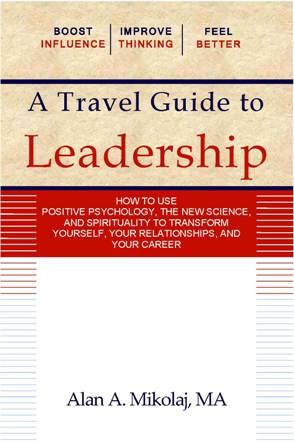
Blog Archives
July 2024
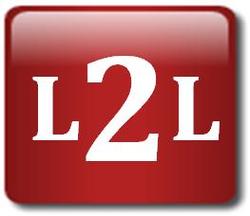
Linked2Leadership
Ranked #1 Business Blog! |
|
CONTACT
TEL: 346-291-0216 EMAIL: [email protected] SCHEDULE TIME WITH ALAN Free Discovery Conversation with Alan |



